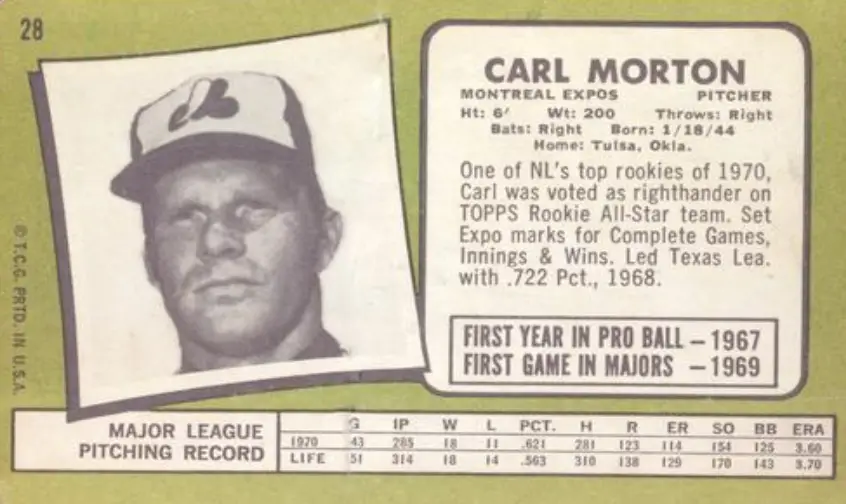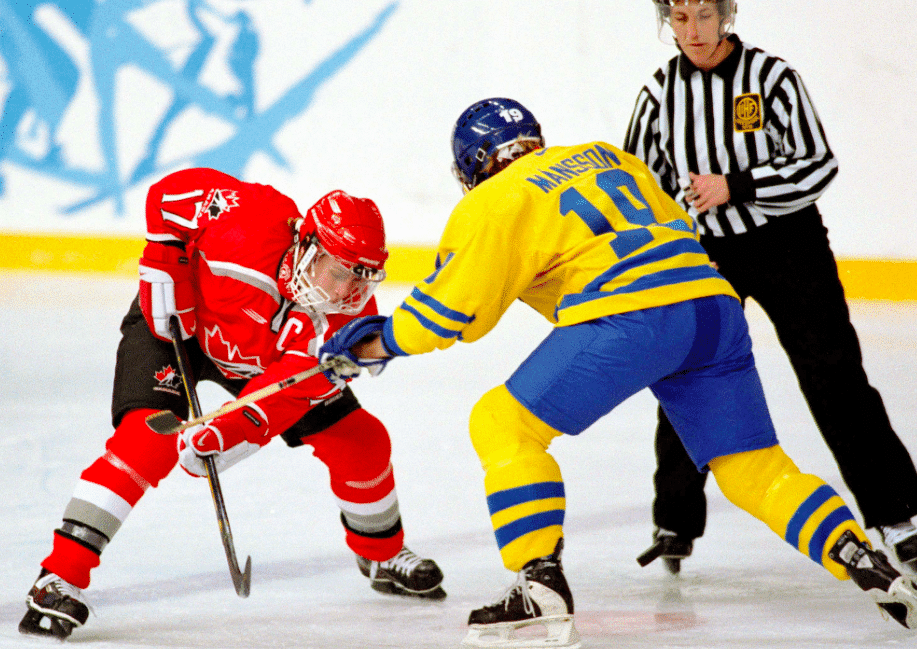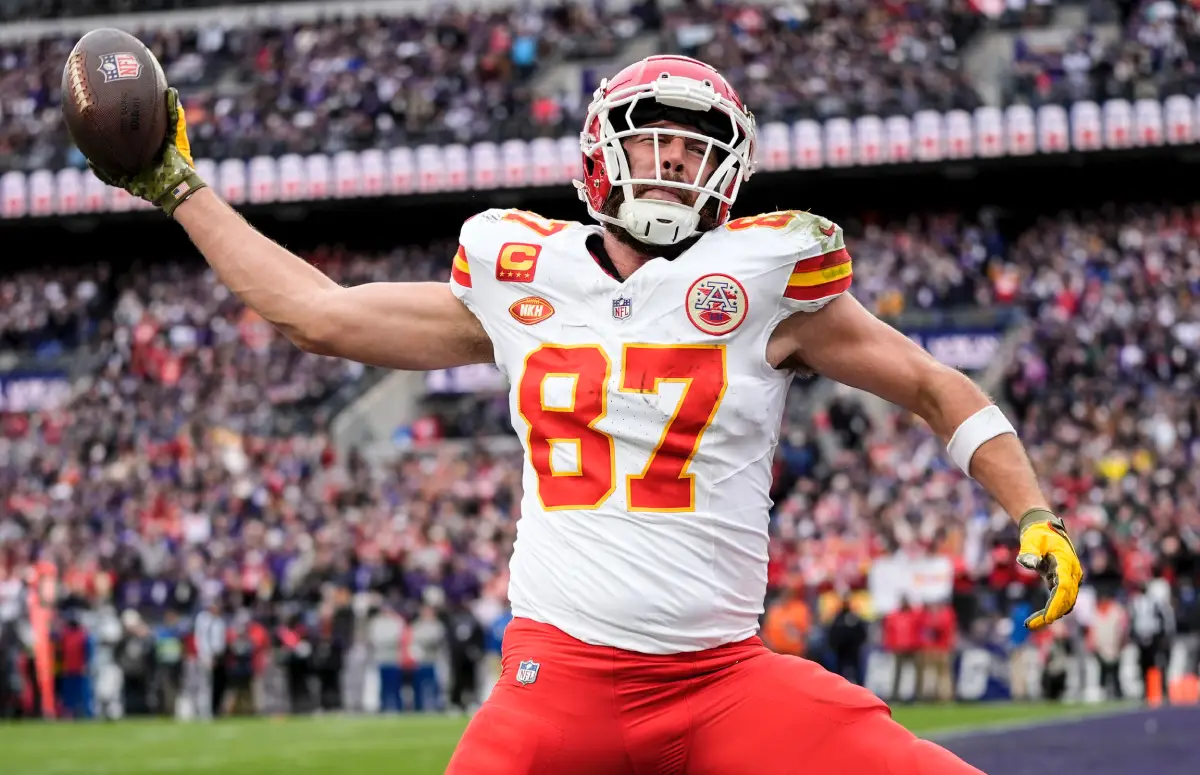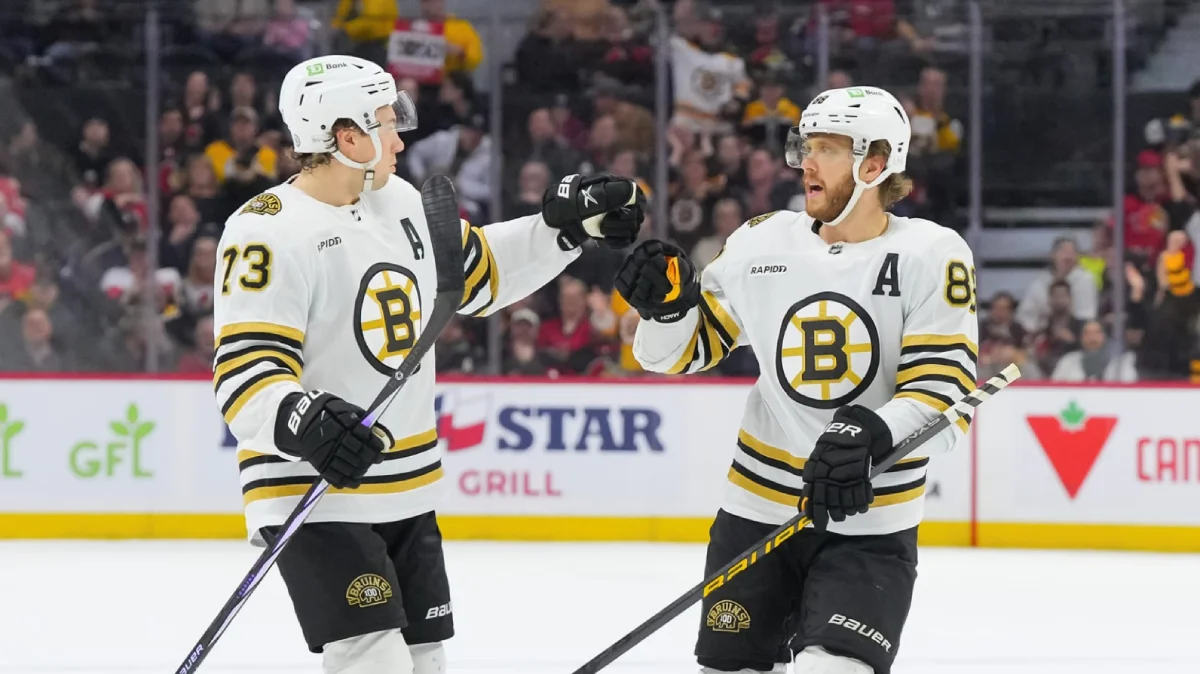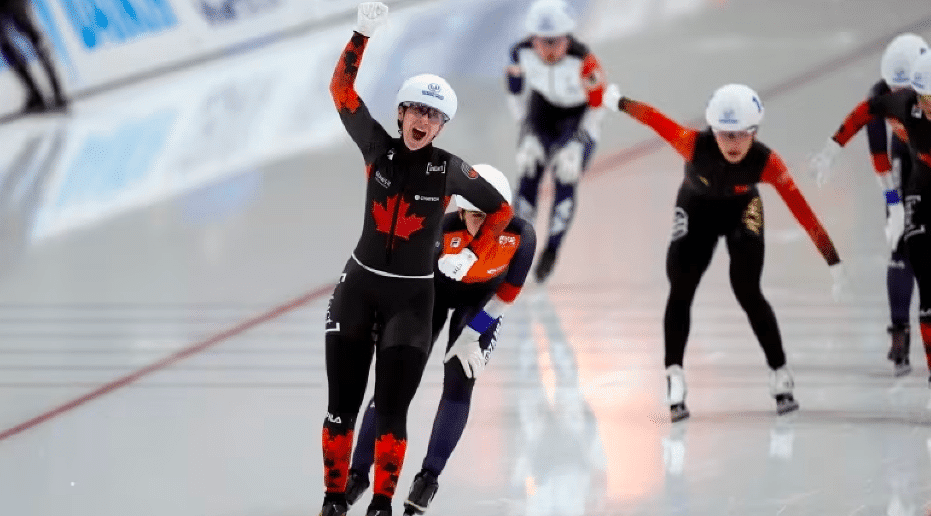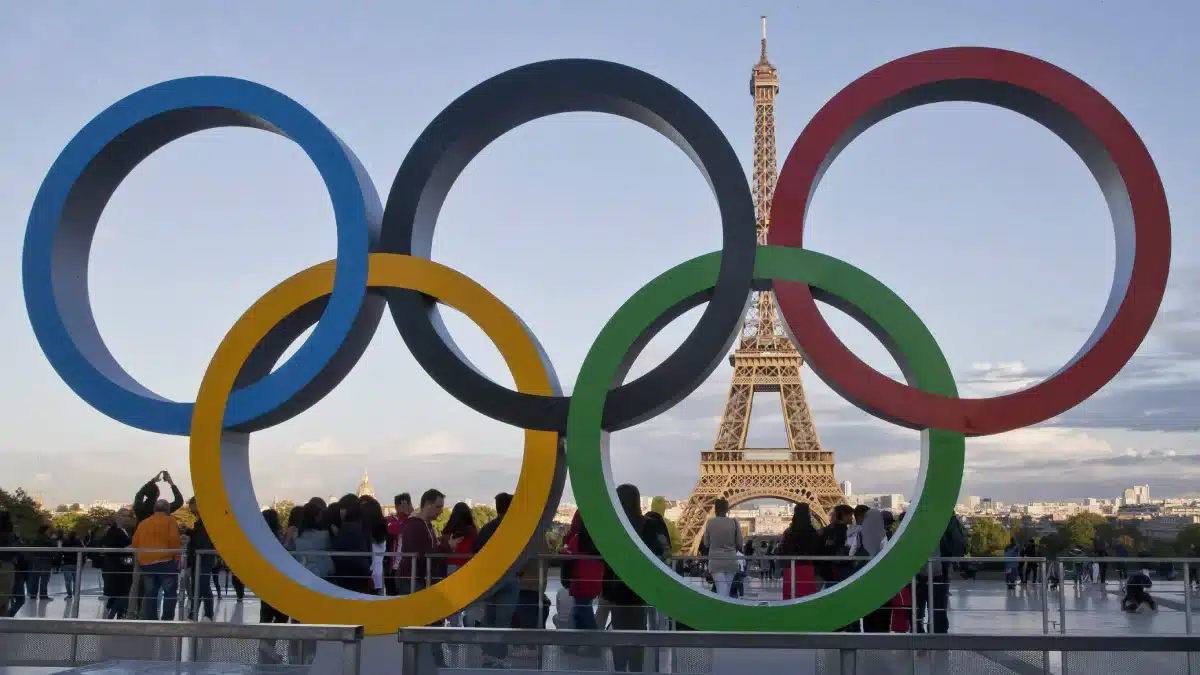In a high-pressure scenario, Morton soared with an eight-inning, two-run triumph, earning another start against the Dodgers, yielding just an unearned run over nine stellar innings. Even a five-run hiccup against the Giants couldn’t dim his competitive fire.
While late May presented its challenges, limiting him to just three-inning stints, June and July offered Morton's star the chance to gleam, despite inconsistent performances, his talent started to crackle like fireworks.
Against the Philadelphia Phillies, Morton struck with brilliance, delivering an awe-inspiring complete game shutout. This was just the start of a dominant stretch of eight wins in nine games, grabbing the attention and Rookie of the Year accolade with ten commanding complete games, four as shutouts.
August wasn't as kind, with victories evading him save for one, winding his record to 15-10. A gritty ten-plus innings against the Reds on August 29 ended in loss, with run support vanished, including a nail-biter lost 1-0 courtesy of Hank Aaron's all-important RBI.
To wrap up the season, Morton clinched three more victories, including a pair of jaw-dropping complete game shutouts, one stretching an epic 11 innings against the Cardinals. His season concluded with an 18-11 record, spanning 284.2 innings and a 3.60 ERA.
Handling 112 plate appearances at the plate, Morton managed a .161 average, including two doubles, two home runs, and even laying down a web of productive sacrifices with a couple of sac flies and 11 sac bunts.
Garnering the backing of 11 out of 24 baseball writer voters, Morton claimed the coveted Rookie of the Year honor. Meanwhile, a familiar face in Larry Bowa, destined for five All-Star nods, Gold Gloves, and 1980 World Series triumphs, rounded out the trio of top contenders.
Morton's path glided him eventually back to the Braves post-Expos after two tough campaigns in 1971 and 1972. The fresh chapter reignited his career's spark, ushering in a refreshing streak of success.
